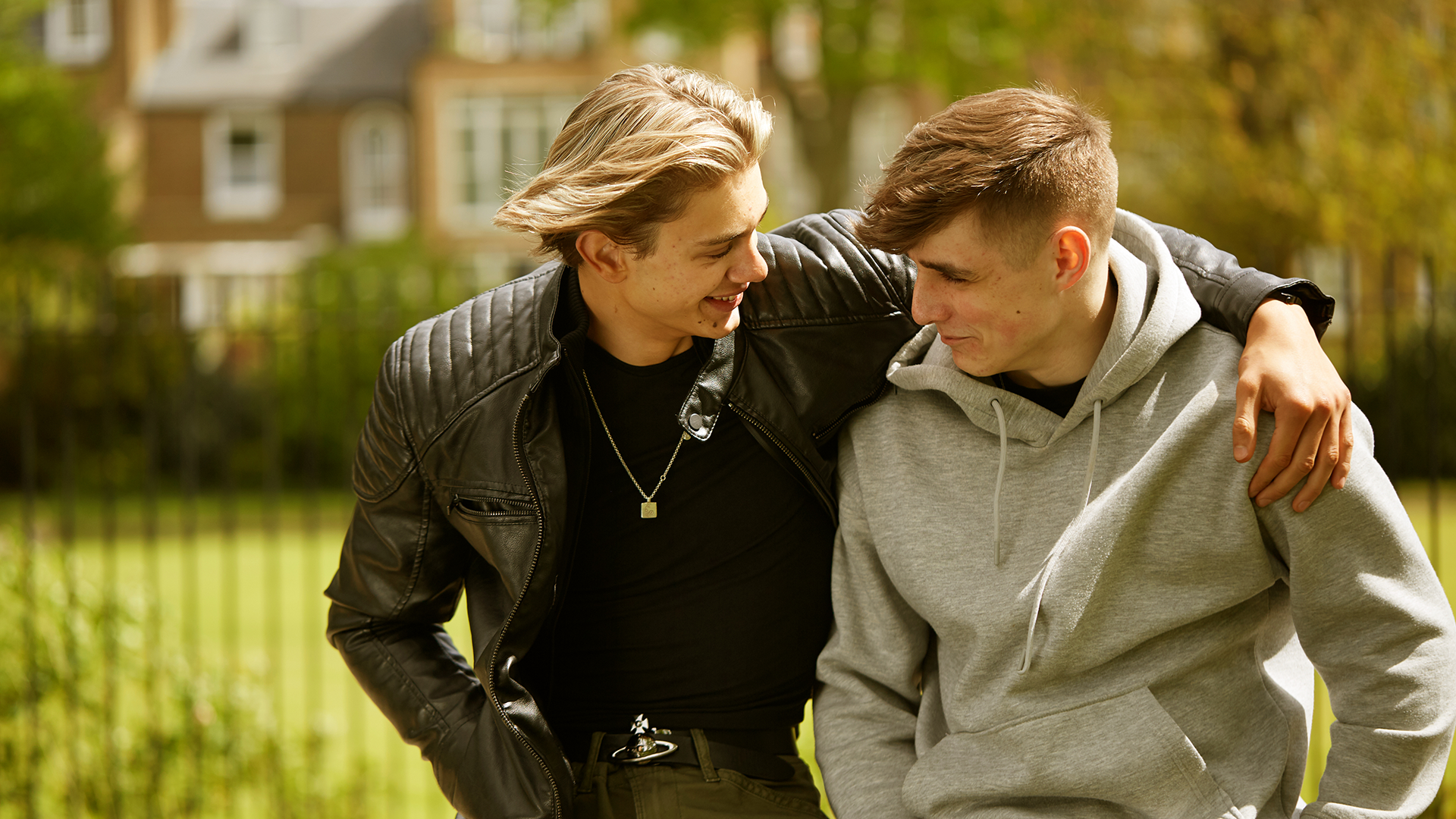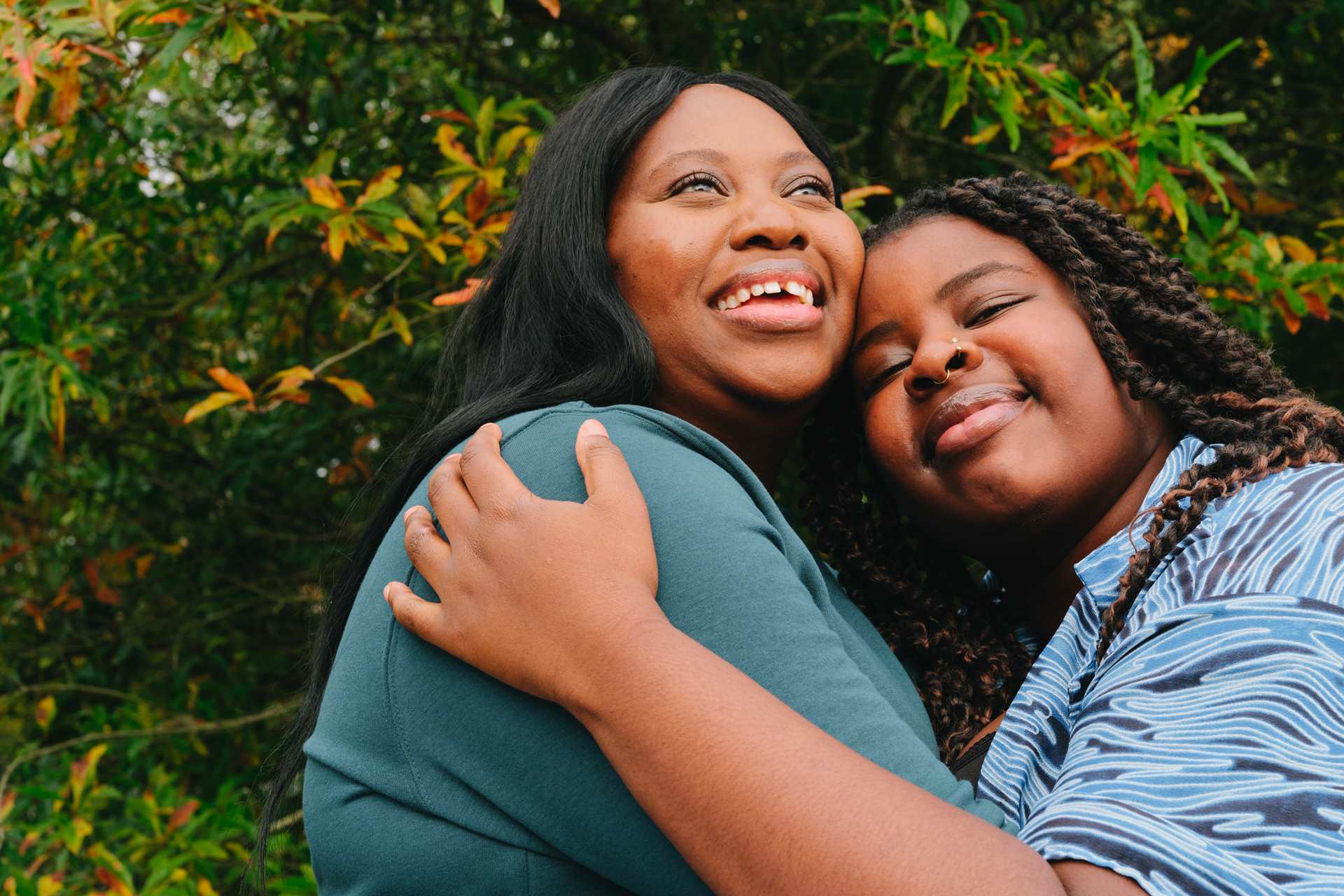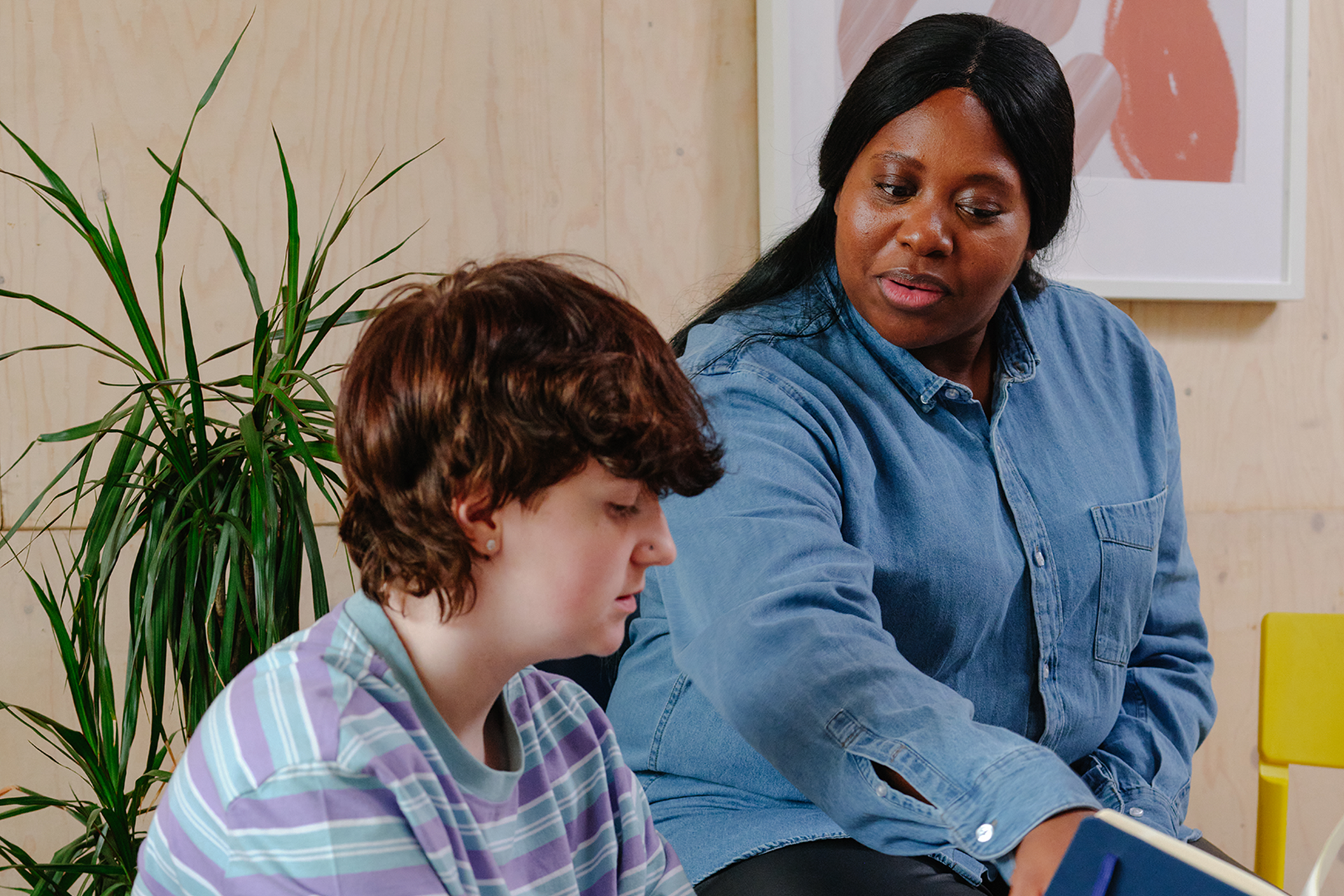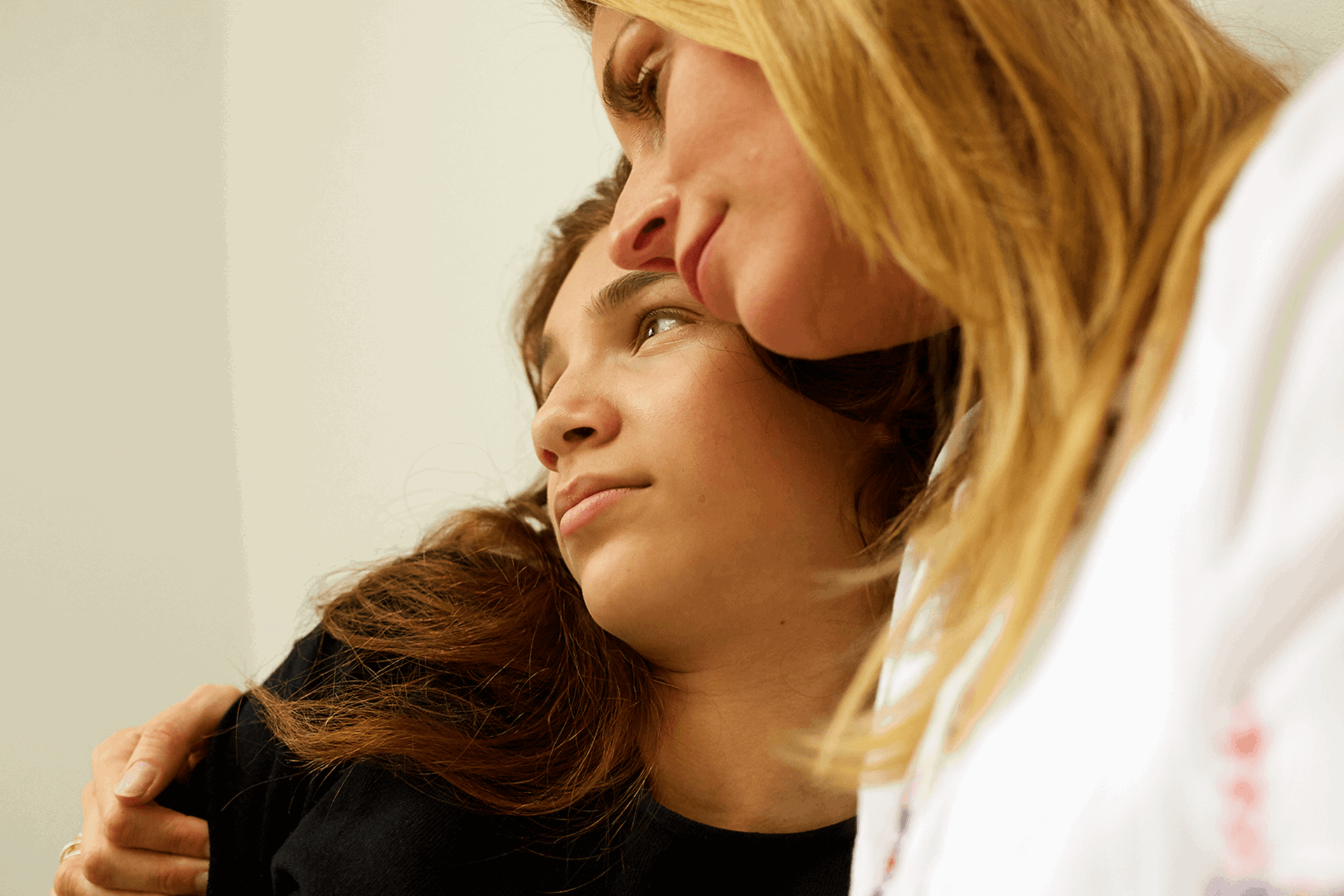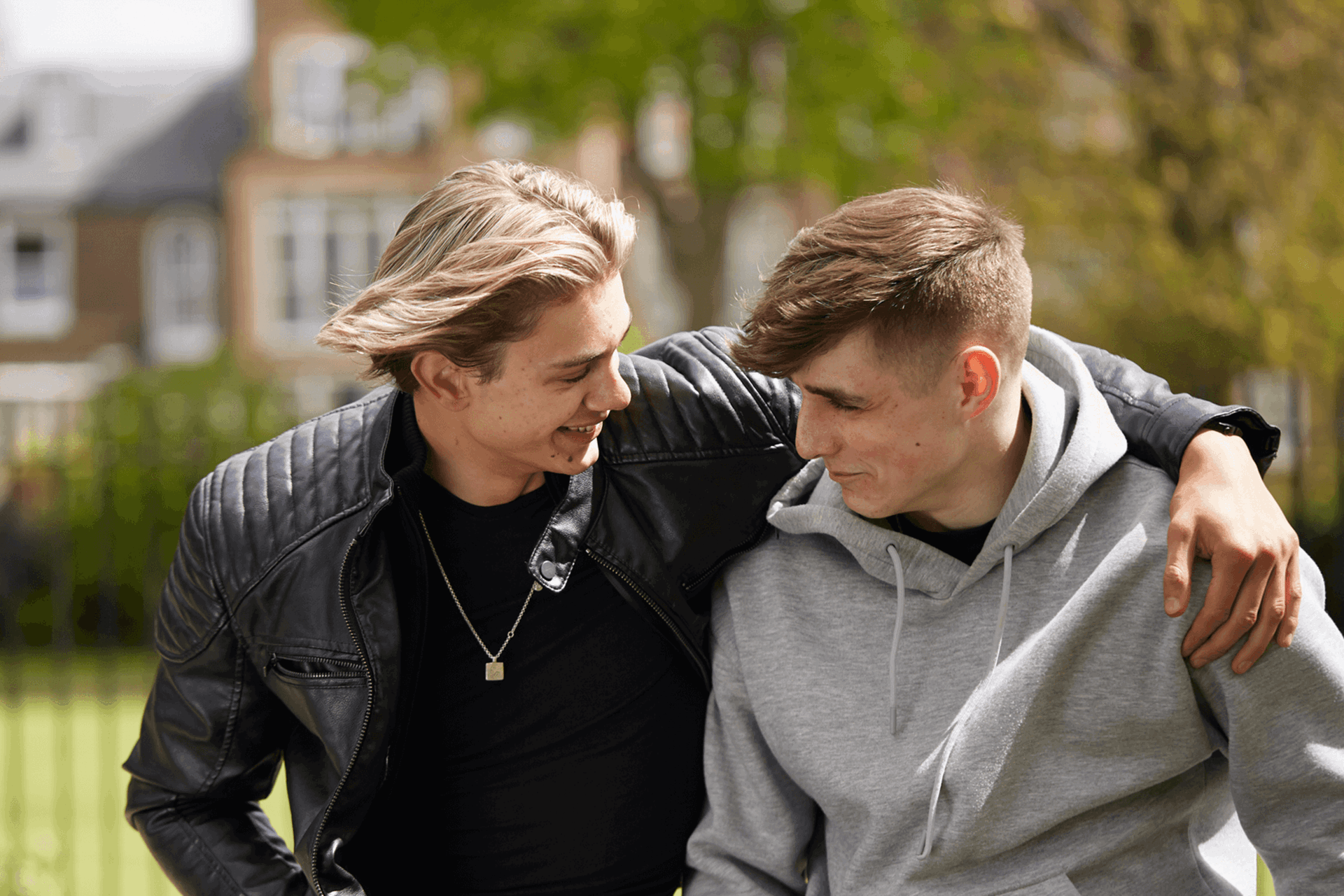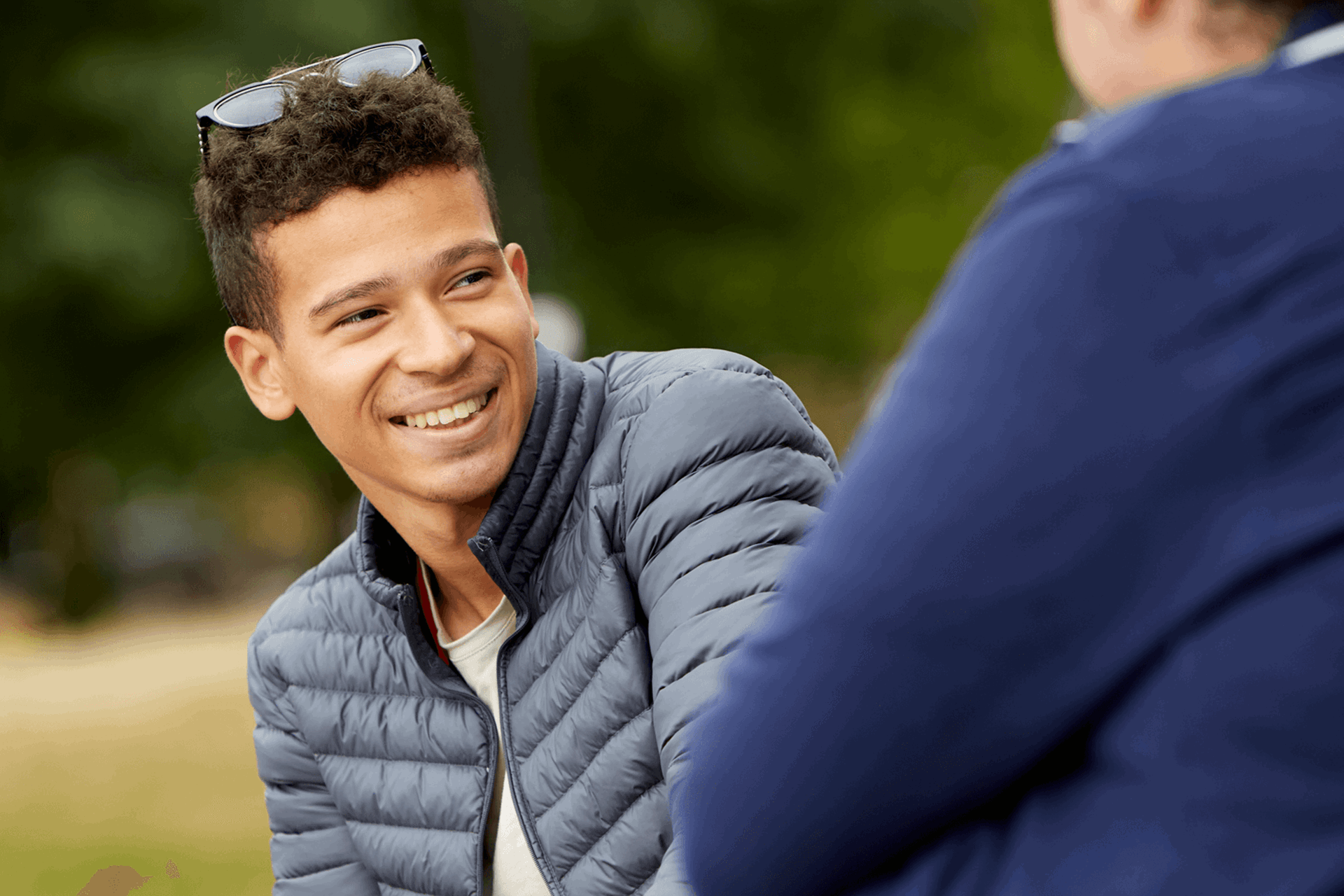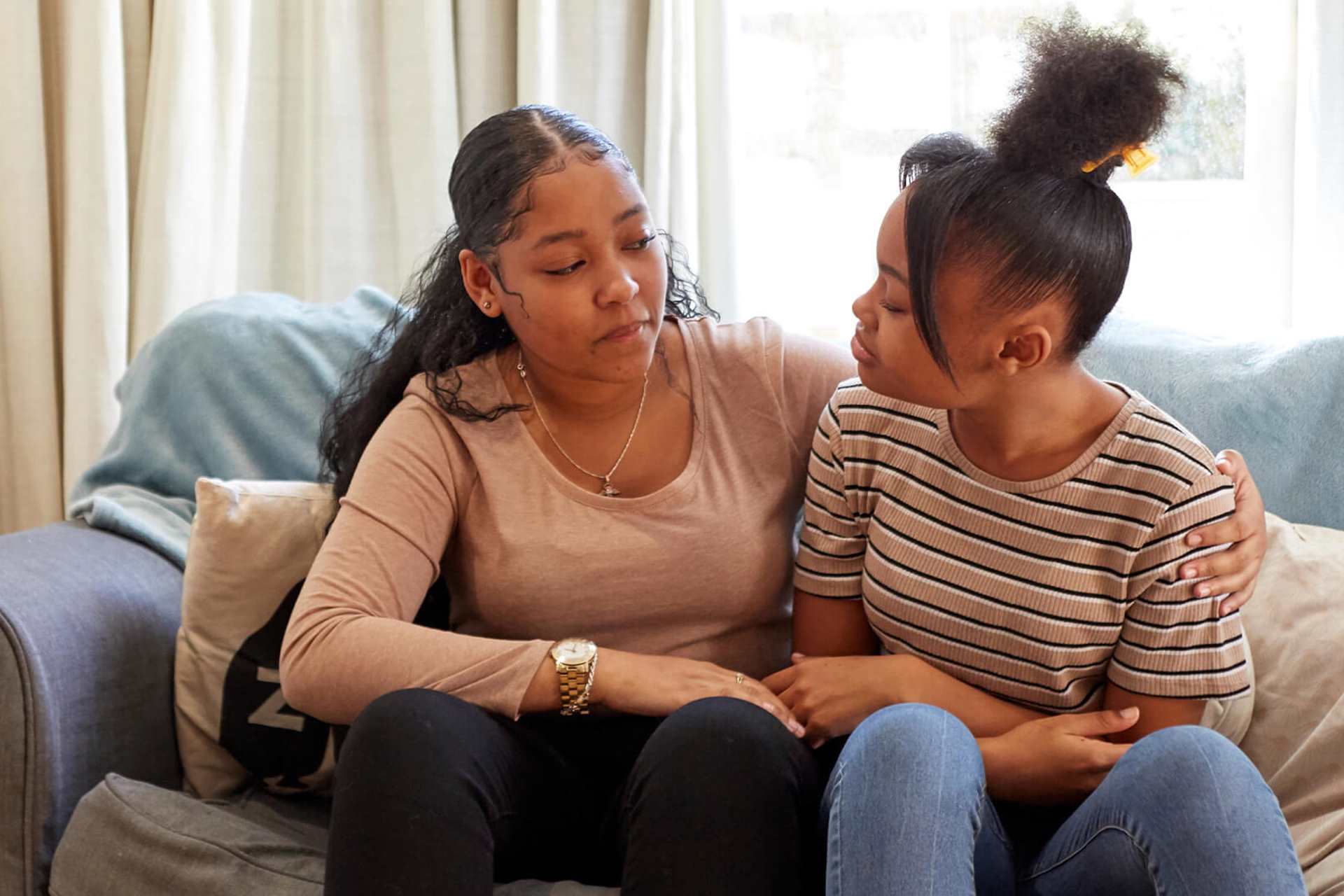Topics mentioned: hair loss, alopecia, self-esteem, down and unable to cope, body image
About: Hair loss has impacted Sophie's mental health and self-esteem. Here's her story of finding confidence, support and community to help others with alopecia.
I felt that my hair helped define who I was as a person and now that parts of it were gone, I felt lost and didn’t know what to do.
Alopecia is a disorder that I’d always been aware of, but never fully understood it until it happened to me. At 21 years old, one night I was drying my hair and found a bald spot and just stared at it hoping it wasn’t real. At first, I couldn’t even touch it over the fear of making it real. I remember feeling shocked and concerned that I’d find more and found myself checking every possible spot on my head for more.
This fear continued for several days with me endlessly checking my head even when I couldn’t see in a mirror. I would be sat watching TV or in a lecture, constantly feeling different spots on my head to see if I could feel hair. Then, unfortunately, around two weeks later I found another spot. Although smaller, I felt my confidence drop then and there.
I was constantly trying to think back to days when I think I could have lost the hair, because I had never noticed this much hair loss. All I could think about was my hair and I couldn’t escape the fearful and sad thoughts of, ‘what if I find more? What if people see the spots?’
I felt so defeated that my own body couldn’t prevent this. I was sad and annoyed that it had come down to having medication to ‘hopefully’ help.
My hair was always my comfort blanket and something that I felt I was protected by. So, when I found these spots, I felt defeated. I felt that my hair helped define who I was as a person and now that parts of it were gone, I felt lost and didn’t know what to do.
I remember booking a doctor’s appointment and getting the first medication that would help me. I felt so defeated that my own body couldn’t prevent this. I was sad and annoyed that it had come down to having medication to ‘hopefully’ help.
The doctors explained that they were hopeful, but they didn’t know for sure if I would get growth back or whether the hair would be strong. They also explained that if I did get regrowth, now that I have had this experience, there is a chance it could happen again.
I remember this making me feel both powerful and powerless. Powerful because I was actively trying to bring on growth, but powerless that it might not help me and that it might happen again.
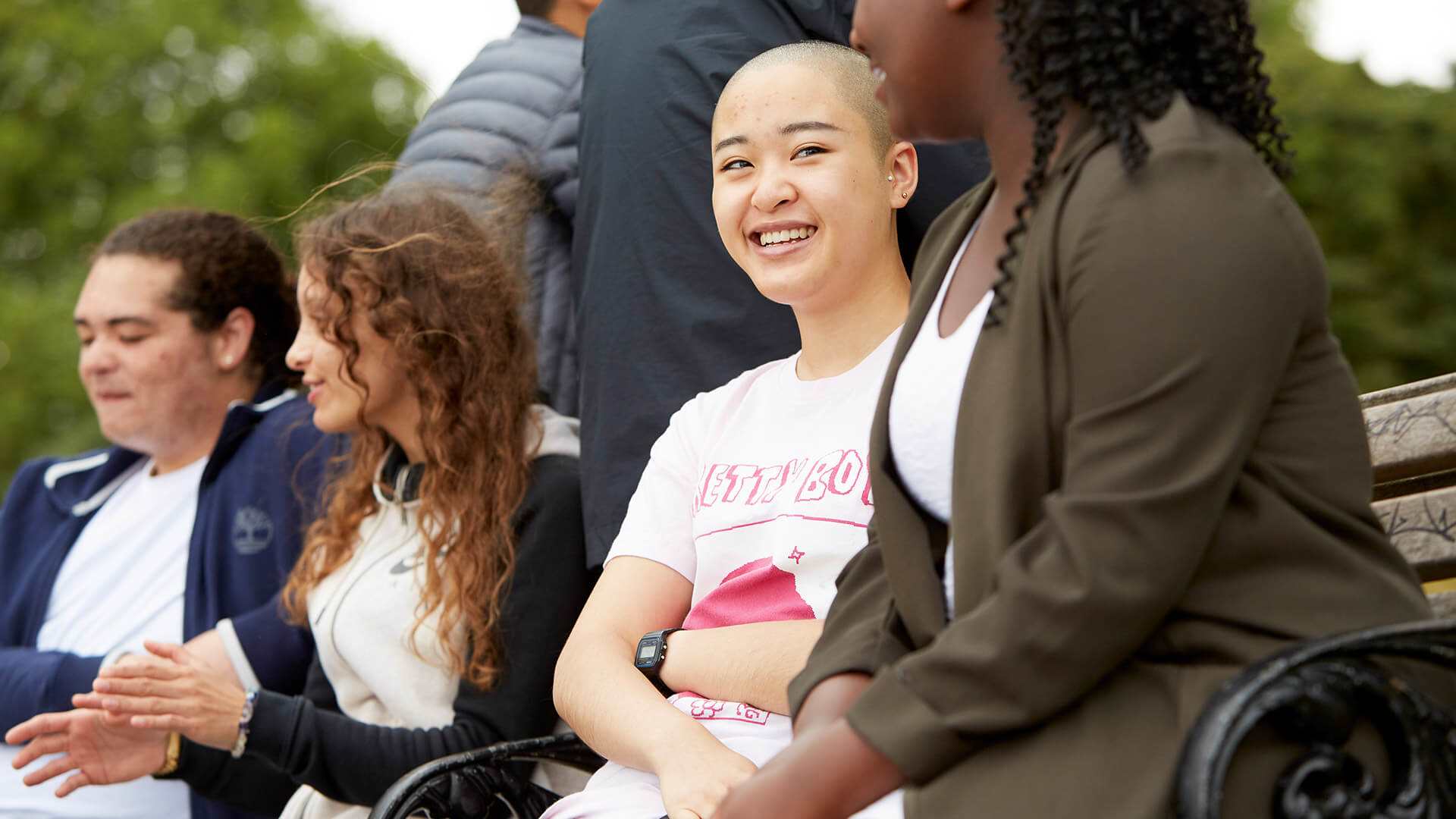
I remember the first time I told someone other than my mum. I remember feeling like it was something I shouldn’t be telling people. I felt as though it was something I should hide, but now I see this differently.
People wouldn’t have known from looking at me, but I was struggling. Because of this I started to search for different blog posts just like this one to help me get through this time. I can remember reading the first post I found where someone had said that she looks at the alopecia diagnosis in a positive way to help her cope. I remember thinking, ‘I can’t do that, it won’t work’. But I was willing to try anything to feel more confident again.
I started trying new hairstyles, something that had scared me because I didn’t want to do anything that would make more hair fall out. Even though it actually felt like taking back control over my hair loss, I would be lying if I said that it still didn’t scare me. I think this was the turning point for me though.
Although they didn’t know about the hair loss, they complimented my hair simply because they thought it looked nice. Not just to try and help me through the difficult time.
I remember getting my first compliment on my hair from a peer and feeling like I had just won the lottery. Although they didn’t know about the hair loss, they complimented my hair simply because they thought it looked nice. Not just to try and help me through the difficult time.
Even though I could feel my confidence starting to build with the hairstyles I tried, the fear of finding more spots or telling people was still there. Even as I’m writing this blog post with some hair regrowth and more confidence than before, I still worry about what people might think or how they’ll treat me if they knew. I know this won’t go away easily.
However, if just one person reading this post understands that there is light at the end of the dark tunnel of alopecia, then that is worth everything. I wish I’d known when I first found the spots how common alopecia actually is. That there is a vast community of people that will support you, and I can be there to support others too.
I want to help others see that they are still in control of their life and who they are, not alopecia.
I wish I’d known when I first found the spots how common alopecia actually is. That there is a vast community of people that will support you.
More information and advice
We have tips and advice to help you find the support you need. Take a look at our guides.
Where to get help
However you're feeling, there are people who can help you if you are struggling. Here are some services that can support you.
-
Alopecia UK
Provides information, advice and support for people with alopecia.
Peer support groups available including local groups and online groups for young people (aged 13-18) and adults (aged 18+).
-
Samaritans
Whatever you're going through, you can contact the Samaritans for support. N.B. This is a listening service and does not offer advice or intervention.
- Opening times:
- 24/7
-
Childline
If you’re under 19 you can confidentially call, chat online or email about any problem big or small.
Sign up for a free Childline locker (real name or email address not needed) to use their free 1-2-1 counsellor chat and email support service.
Can provide a BSL interpreter if you are deaf or hearing-impaired.
Hosts online message boards where you can share your experiences, have fun and get support from other young people in similar situations.
- Opening times:
- 24/7
